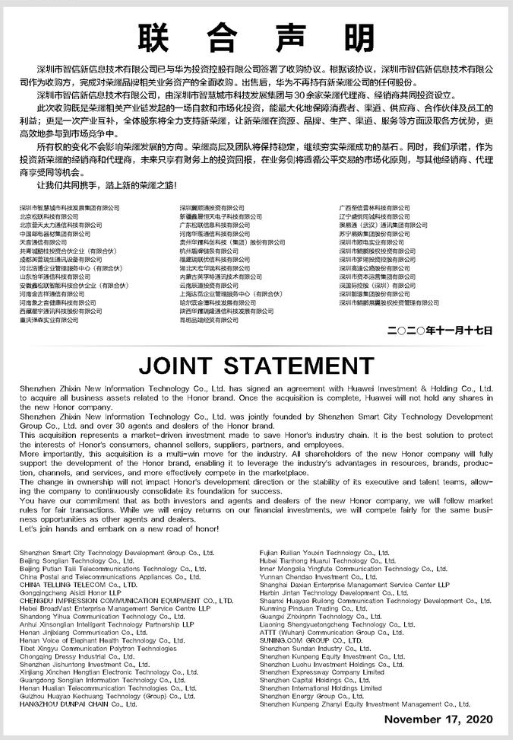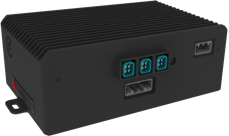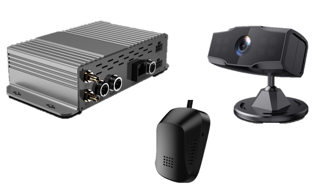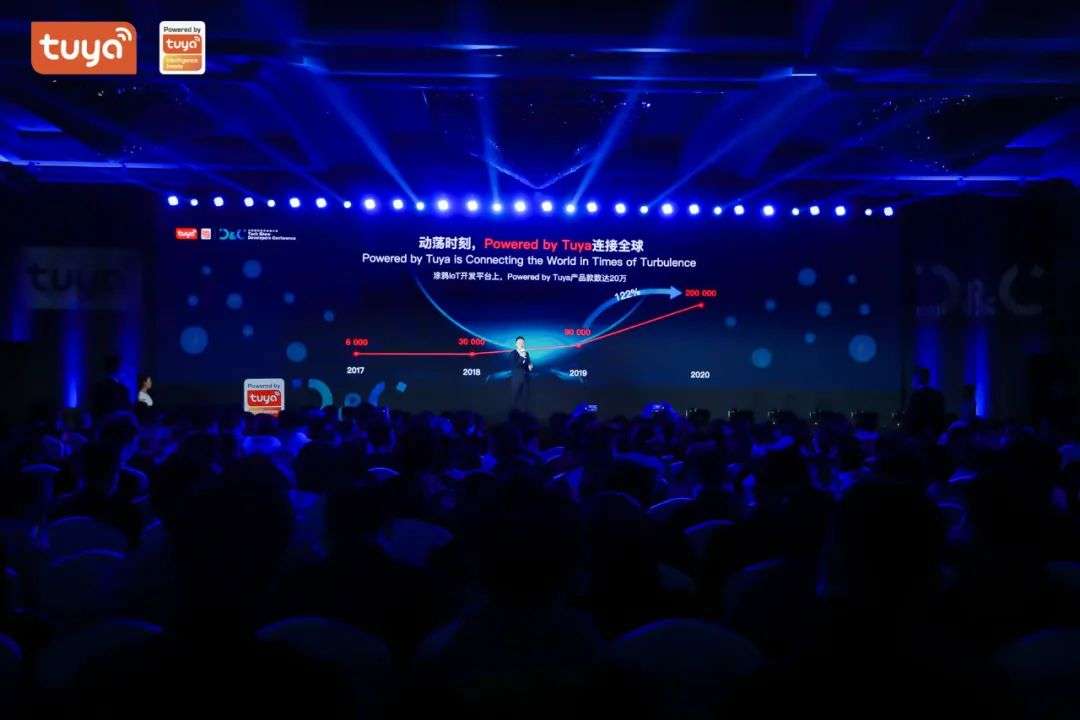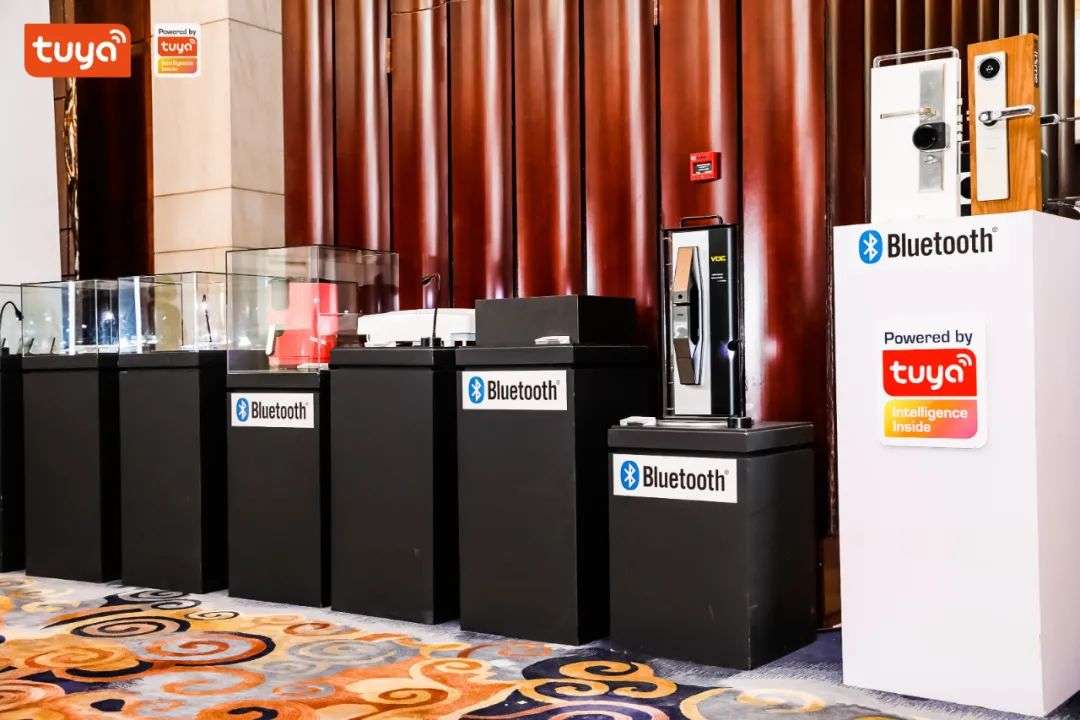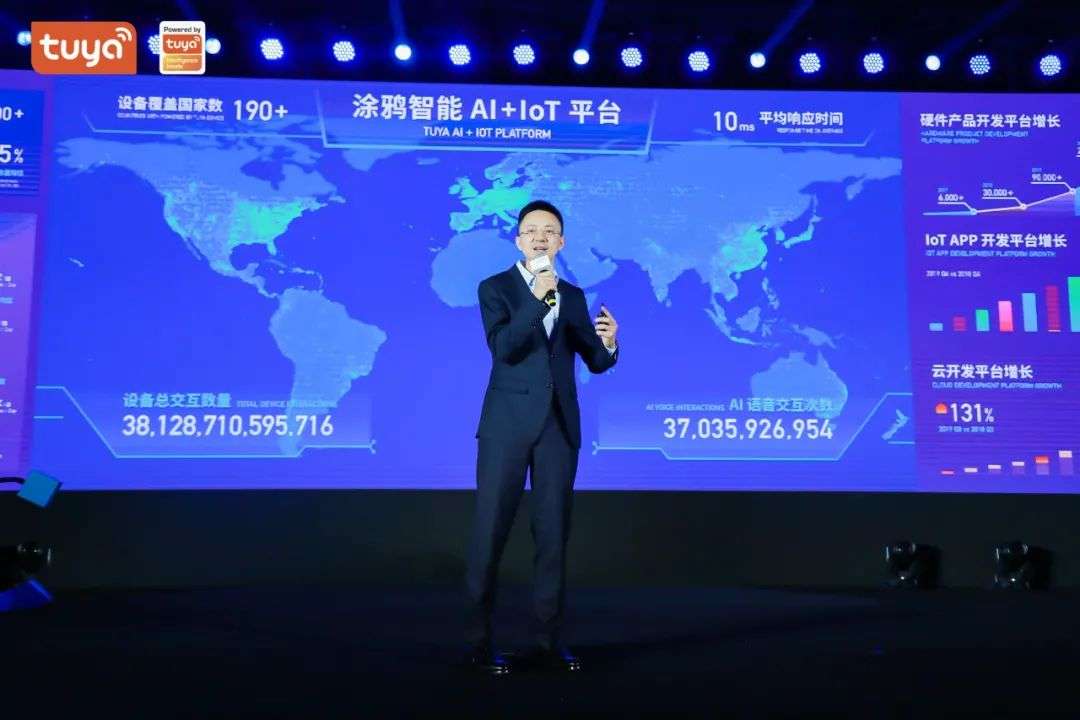In the final analysis, those cloud companies that have gone bankrupt or acquired that cannot survive independently are "disappearing" because they cannot match the demands of customers.
Look at business with a point of view. Super viewpoints come from the cutting-edge observations of practitioners of new business.
In 2006, Google CEO Eric Schmidt (Eric Schmidt) first proposed the concept of "Cloud Computing" at the Search Engine Conference (SES San Jose 2006). It was also that year that Amazon launched AWS, a cloud-based service platform.
In 2008, the cloud industry began to welcome many heavyweight players, including traditional hardware vendors IBM, HP, Cisco, Intel, etc., software vendors Microsoft, Oracle, VMware, Internet giant Google, and domestic cloud vendor leader Alibaba . Enter the cloud computing industry. Up to now, cloud computing has become the most important IT infrastructure today.
The cloud industry has developed for more than ten years, with giant companies betting, innovative companies flooding in, and the law of survival in the jungle that swallows small forces has also emerged in the cloud computing ecosystem. Many cloud computing-related vendors fell into the rushing wave, some were swallowed up by giants, some fell into the funding gap, and some were lost in the choice of directions, lost their peers and comrades, and went to ruin.
The question that arises from this is, what value cloud vendors does the market need? What should cloud vendors do to continue to develop in the next stage of cloud computing?
Recently, 36 krypton interviewed Beijing Teamsun Technology Co., Ltd. (hereinafter referred to as "Teamsun Group") Tiancheng Cloud coo Wang Feng, a digital transformation enabler and listed company. answer.
Teamsun Tiancheng was established in Beijing in 1998. Its main business is to provide global customers with leading cloud computing solutions and industry-based digital services. Currently, more than 20 Teamsun holding or shareholding company, now has three listed companies: Teamsun Technology ( Shanghai Stock Exchange listed company: 600410), ASL Company (Hong Kong Stock Exchange listed companies: 0771) Hong Kong, the United States Grid Dynamics (US Nasdaq listed company: GDYN). Teamsun’s business organizations cover 33 cities in 9 countries and 31 delivery centers around the world, with more than 5,000 employees, and serving more than 16,000 customers in more than 10 important industries.
The following is Wang Feng's dictation (edited):
Customers’ demands for “cloud computing” have not changed, but vendors have become more catering
Established in 1998, it entered the cloud computing business in 2010. After more than 20 years, Teamsun has transformed from an IT integrator to a comprehensive cloud computing service provider. It has truly witnessed the changes in the IT architecture of different industries in China. Local server, data center, private cloud, public cloud, hybrid cloud.
From the perspective of enterprise customers, their needs have always been a faster, more agile, safer, and lower-cost underlying architecture to better support the development of the upper-level business. This demand has never changed.
What has changed is manufacturers, who are becoming more proactive in catering to customer needs. In this process, manufacturers will continue to adjust technical strategies, product strategies, and market ecological strategies. Whether it is self-research, direct sales, or integration, the ultimate goal is to better meet customer needs.
So, in the final analysis, those cloud companies that either went bankrupt or were merged that could not survive independently, the fundamental reason for "disappearing" is that they cannot match the demands of customers. For example, the technology is too weak to catch the mainstream advanced technology, and it is impossible to develop high-end products that better meet the needs of customers; the team is turbulent and cannot maintain continuous delivery of customer products; the market strategy is wrong and it is difficult to withdraw funds; or the product line It is difficult to meet customer needs independently and so on.
From another perspective, it is not easy to really meet the demands of customers. In Teamsun’s view, at least the following three points should be done:
The first is to understand the scenario; applications start from the scenario, and the manufacturer must first understand the different business scenarios of various customers and how he wants to optimize the business. For example, the businesses of government, energy, finance, operators, and logistics companies are not the same. Taking logistics companies as an example, there are big differences in scenarios between international logistics, domestic logistics and intra-city logistics, which service providers must understand.
The second is the heavy industry; above the scene is the industry. Except for large platform-based manufacturers, most manufacturers only have the ability to concentrate on one or two or three major industries. To understand an industry thoroughly, manufacturers must understand the upstream and downstream relationships of the industry, have a good grasp of the business and IT architecture of each player in the industry, and must also understand the overall trend of the industry. Various technologies and solutions can produce What kind of effect is clear to the chest. For example, in the operator industry, the leading MSP "AsiaInfo Group" in the operator industry can fully understand the business and needs of the three major operator headquarters and branches in various provinces, prefectures and cities.
The third is fine service; whether it is integration or direct sales, service is still the core competitiveness of manufacturers. Although the needs of customers have not changed, they have become increasingly demanding. Teamsun Tiancheng acts as an agent for integration. A very important responsibility of an integrator is actually to do maintenance. Maintenance is a kind of service. This is also the difference between IT integrators or cloud hosting service providers (cloud MSP) and traditional vendors of the same kind. In traditional integrators, the main focus is on channels and customer relationships. The practice of cloud is more complicated, and customers' understanding of "cloud" is still in the popularization period. All-round service has become an important criterion for customers to evaluate vendors. In addition, platform-based cloud vendors are actually natural integrators. Their emergence has actually impacted the market of traditional integrators. For such vendors without transformation, they can only "die", and service transformation is the most important one. section.
For Teamsun itself, with the accumulation of customers in the industry for more than 20 years and the financial support of listed companies, we have the confidence to say that we can "understand the scene" and "focus on the industry", and "excellent service" is what we want to continue to improve. direction. In the past three years, the growth of our cloud business has been basically 30% to 50% annually.
Today, we need to understand customers better. A typical trend is that more and more customer requirements are based on business, and there is less and less attention to technology and hardware. As a service provider, you must be able to focus on the customer's business. The optimization and adjustment of your core business logic, the speed of innovation, and the management method should all be based on the customer's perspective.
At the same time, technology and solutions are still the foundation. It can be seen that cloud native and multi-cloud are the overall trend of the industry. Ms. Li Wei, deputy director of the Institute of Cloud Computing and Big Data, China Academy of Information and Communications Technology, once gave a speech on "China Cloud Computing Development Status and Trends", which mentioned many Enterprises are using containers, microservice clouds and serverless native technologies. Starting from virtualization, cloud computing development technologies are getting closer and closer to application layer development and deployment, including the progressive relationship between containers and microservices, so the cloud native industry rate is also Continue to climb. Multi-cloud will inevitably become the first step in the digital transformation of many traditional enterprises in the era. The proportion of enterprises using hybrid cloud has continued to rise for many years. More than 60% of enterprises are using multiple public clouds or a hybrid architecture of public and private clouds.
If cloud vendors want to continue to develop, they cannot deviate from this trend. In this regard, Teamsun has adhered to its technical product positioning of "heterogeneous hybrid multi-cloud" since 2017. In September of this year, Teamsun Tiancheng released a new "Tiancheng Cloud", which is a new solution designed based on the development trend of cloud computing, the technical positioning of heterogeneous hybrid multi-cloud, and the core elements of "understand the scene, focus on the industry, and refined service". On the one hand, at the infrastructure level, it provides services including infrastructure and software construction, deployment, and migration operations; on the other hand, at the industry application service level, it also provides services including smart manufacturing, smart cities, smart parks, finance and cultural Cloud solutions and cloud operation services for travel and other industries.
Industry cloud is the next opportunity for "cloud computing"
With the development of cloud computing for more than ten years, we have been able to see the vertical and horizontal competition changes in the overall industry . At the IAAS layer, the basic pattern has been preliminarily determined. We judge that the future market will be dominated by several major general cloud vendors plus a number of industry cloud vendors. The purely private cloud vendors will eventually "die" or become private companies. The executive power of cloud or hybrid cloud strategy. "Only public cloud" is a long-term trend. This development trend can now be seen in Europe and the United States. They firmly believe that public cloud will dominate the world, and there is no need for decentralized privatization deployment and delivery. SAAS layer vendors are in the United States There are also reasons for better development.
So why is there a market for industry clouds? This is related to China's national conditions. Customers in every industry in China are complex, and public cloud companies cannot cover them one by one. In addition, these large industries have large-scale characteristic ecosystems. These ecosystems often exist around large-scale industry leaders or organizations. These leaders and organizations themselves are cloud users, and at the same time are in the same school as small and medium-sized industry participants, closer and more understanding. They can better meet their needs.
Now we have seen the emergence of such industry clouds, such as the UnionPay cloud in the financial industry, which is mainly for upstream and downstream partners in the payment-centric industry; BYD's BYD cloud service in advanced manufacturing.
Compared with public clouds, industry clouds pay more attention to services and ecological radiation. Industry cloud is also an opportunity for cloud service vendors, because the construction of industry cloud still requires cloud computing professionals to do, and customers who can build and manage industry clouds must be leading giant enterprises. Such enterprises often cannot accept a single public cloud solution. Tend to adopt a hybrid multi-cloud architecture. In addition, the purpose of these companies to build a cloud is for service business development rather than the output of underlying cloud computing and cloud resources. The construction and management of the underlying resource pool, as well as helping business applications run better in the cloud, are exactly what cloud service providers can meet.
But it needs to be clear that there will not be too many industry clouds. The survival of the industry cloud requires a large-scale ecological support, so it can only exist for a long time in highly concentrated and large-scale industries, such as the financial industry, automobiles, steel, government affairs, and operators.
With the continuous advancement of "new infrastructure", technologies such as the Internet of Things and artificial intelligence will continue to penetrate the industry, the demand for cloud computing will also become stronger, and the scale of the industry cloud market is gradually expanding. The market research organization IDC released the "China Gold The "Finance Cloud Market (Second Half of 2019) Tracking" report shows that the scale of China's financial cloud market reached US$3.34 billion in 2019, a year-on-year increase of 49.6%. Among them, the financial cloud infrastructure and cloud solutions market basically maintained simultaneous growth, with growth rates reaching 50.0% and 48.6% respectively. In terms of manufacturing, according to data from the National Institute of Intelligent Manufacturing System Innovation, the market size of China's cloud manufacturing industry reached 93.38 billion yuan in 2018, a year-on-year increase of 30.4%. In 2019, the market size of China's cloud manufacturing industry reached 120.84 billion yuan, a year-on-year growth rate of 27.9%, and it is expected to continue to increase at an average growth rate of 26% in the next three years.
Co-construction and co-operation of industry cloud delivery and operating systems for industry giants is also the key business direction of Teamsun in the future.
